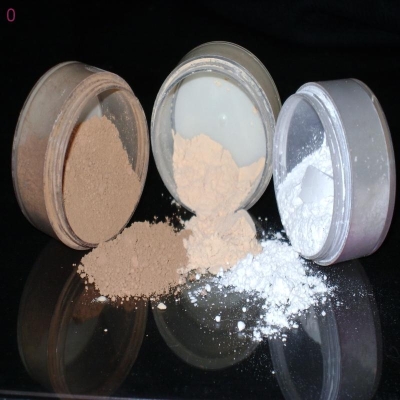-
Categories
-
Pharmaceutical Intermediates
-
Active Pharmaceutical Ingredients
-
Food Additives
- Industrial Coatings
- Agrochemicals
- Dyes and Pigments
- Surfactant
- Flavors and Fragrances
- Chemical Reagents
- Catalyst and Auxiliary
- Natural Products
- Inorganic Chemistry
-
Organic Chemistry
-
Biochemical Engineering
- Analytical Chemistry
- Cosmetic Ingredient
-
Pharmaceutical Intermediates
Promotion
ECHEMI Mall
Wholesale
Weekly Price
Exhibition
News
-
Trade Service
Original title: Henan University National Edible Bacteria Center Medicinal Food Resources Research Team made progress on durian skin research
nate
edible bacteria
processing technology research and development center medicinal resources research team and Zhang Yan researcher team work results "Mechanism of intestinal flora and proteomics in regulationing immune function of Durio Zibethinus rind polysaccharide "recently published in the journal Oxidative Medicine and Cellular Longevity (IF:5.834) of the JCR 2 District journal of the Chinese Academy of Sciences. The study was supported by the Digestive Micro-Ecological Pharmacology Innovation Unit of the Chinese Academy of Medical Sciences and the Medical and Health Science and Technology Innovation Project of the Chinese Academy of Medical Sciences (2019-I2M-5-055).is
the fruit of Durio zibethinus Murr, a wood-cotton durian, with a fruity sweetening temperature and anti-inflammatory activity. Durian skin is the peel of durian, the current research is mainly for surface chemical action and adsorption function, but the research on its functional activity is relatively small. Polysaccharides, as biomolecules, play an important role in regulating intestinal bacteriologies, treating constipation and immunomodulation. A similar finding was made in the laboratory's previous studies of durian polysaccharides, which have the effect of enhancing the body's immunity, regulating the intestinal bacteria, optimizing the intestinal environment and improving constipation symptoms. To this end, this paper has carried out a detailed and in-depth study on the efficacy of durian peel polysaccharine to enhance the body's immunity.
this study used cyclophosphamide (CTX) to build immunosuppressive mouse models and evaluate the effects of durian polysaccharides on immune function in immunosuppressed mice through proteomics and intestinal bacterial group studies.
results showed that the high dose group (200 mg/kg) of durian peel polysaccharine significantly increased thymus and spleen index and improved spleen tissue structure compared to the model group, and significantly increased leucin-2 (IL-2), lebinin-4 (IL-4), lebinin-6 (IL-6) and tumor necrotologist-α (TNF-α) content; increased acidic phosphatase (ACP), lactic acid dehydrogenase (LDH), superoxide dismutase (SOD) and total antioxidant capacity (T-AOC) vitality in the serum; increased the activity of hydrogen peroxide enzyme (CAT) in the liver, reduced the content of acetaldehyde (MDA) and enhanced immune activity in immunosuppressive model mice. Proteomics studies have shown that, compared to the model group, the dosing group can significantly increase the expression of low affinity immunoglobulin Fc-FC-FC-iii (Fc-RIII), signal converter and transcription activator 1 (STAT1) to participate in the regulation of metabolic pathways such as Autoimmune thyroid disease, Staphylococcus aureus infection, and NF-B signaling pathway. Intestinal microbiology studies showed increased levels of SCFAs in the dosage group compared to the model group, increased relative abundance of the beneficial bacteria Akkermansia, Bacteroides, Paraprevotella, and decreased relative abundance in Ruminococcus and Oscillospira. These results show that durian polysaccharides can have a beneficial effect on immunomodulation by regulating protein expression and improving bacterial composition.
team conducted an ongoing study of the activity of polysaccharide-regulated immunity, published in Food Research Internatio
nal (IF5.978), linked to
; Oxid...
Medicine and Cellular Lo
ngevity (IF5.834), article link.







